|
This morning I went on a hike with friends. Every time I go up Logan Canyon, I think of The Legend of Zelda and fantasize that I'm in Hyrule, in a simpler time with none of the fancy things that make real life worth living, and today was no exception. This afternoon I watched Indiana Jones and the Dial of Destiny, because there's no better way to celebrate this nation's birthday than by watching Nazis get what they deserve. The movie was great, a far better note to go out on than Crystal Skull. Just now I asked ChatGPT to write a story where Indiana Jones and Princess Zelda team up to find the Triforce. Since I started playing with AI, I haven't been able to stop, perhaps out of morbid fascination with the technology that's going to put every writer, artist, and musician in the world out of work. Behold:
Once upon a time, in a realm where magic and adventure intertwined, Indiana Jones found himself on an extraordinary expedition. Known for his expertise in archaeology and his relentless pursuit of ancient artifacts, Dr. Jones had heard whispers of a legendary realm called Hyrule—a land said to house the mystical Triforce, a relic of immense power. Intrigued by the prospect, he set off on a journey that would merge the realms of history and fantasy. With his trusty fedora perched atop his head and his bullwhip coiled at his side, Indiana Jones traveled deep into the recesses of Hyrule. Guided by ancient maps and cryptic clues, he navigated treacherous terrain, braving the hazards of Hyrule's dungeons and forests. His quest led him to the grand kingdom of Hyrule Castle, where he sought an audience with the wise and regal Princess Zelda. Zelda, a princess of remarkable grace and intelligence, recognized the significance of Indiana's arrival. She knew that her beloved kingdom's fate hinged upon finding the Triforce—a sacred relic capable of granting any wish to those who possessed it. However, the Triforce's location had remained a closely guarded secret for generations, buried within the labyrinthine depths of Hyrule. Impressed by Indiana's reputation and his shared desire to safeguard ancient artifacts, Zelda enlisted his help in the search for the Triforce. She entrusted him with the knowledge of the Temple of Time, a revered sanctuary believed to house a gateway to the Triforce's chamber. The duo embarked on a perilous journey, their fates intertwined as they ventured into the heart of darkness. Together, Indiana and Zelda braved treacherous temples, solving intricate puzzles and battling formidable creatures. They delved into the Forest Temple, maneuvered through the treacherous Shadow Temple, and overcame the trials of the Spirit Temple. Each step brought them closer to their ultimate goal. Throughout their travels, Indiana marveled at the world of Hyrule. He encountered enigmatic beings such as the wise sage Rauru, the mischievous forest dweller Saria, and the stoic Goron tribe. These encounters broadened his understanding of the mystical and magical, expanding his perception of what lay beyond the realm of archaeology. As they reached the climactic moment of their adventure, Indiana and Zelda finally stood before the sacred chamber housing the Triforce. Protected by ancient guardians, the duo faced a final trial—a test of their resolve, courage, and wisdom. Indiana's knowledge of history and Zelda's spiritual insight proved invaluable as they successfully navigated the harrowing challenges. In the end, Indiana and Zelda stood before the Triforce, a shimmering symbol of hope and power. United by their mutual respect and determination, they made a pact to use its power wisely, safeguarding it from those who sought to exploit it for their own selfish desires. With the Triforce secured and Hyrule's future assured, Indiana bid farewell to Princess Zelda and the enchanting realm of Hyrule. The adventure had changed him, enriching his understanding of the world and reaffirming his commitment to the preservation of history. As Indiana returned to his world, he carried with him the memories of a realm where history and myth converged, where the courage of a princess and the spirit of an adventurer had united to protect the legacy of the Triforce. And though his stories of Hyrule would be met with skepticism, Indiana knew that some tales were meant to be experienced, not just recounted. And so, the legend of Indiana Jones and his extraordinary journey in the land of Hyrule would forever live on as a testament to the enduring power of adventure and the possibility of the fantastical. Bonus: pictures from the hike. It was perhaps the most gorgeous trail I've ever been on, and if my friends had let me stop to take a picture of everything that deserved to be photographed, we'd still be there.
0 Comments
I have little to no interest in seeing most movies in the theater, but I really wanted to see The Super Mario Bros. Movie after waiting a few weeks for it to be less crowded, and not just because its financial success increases the likelihood of a The Legend of Zelda Movie down the line. And it has had a great deal of financial success even without my help. At the very beginning, far-right commentators accused it of being "woke" because Princess Peach is a strong female character and wears pants in one scene - never mind that she's been a playable character in many games and I always play as her in Super Mario 2 because I've found her jumping/hovering ability more useful than Toad's speed, Mario's well-roundedness, or Luigi's talent for running off the edges of platforms and dying - but as soon as it started to break box office records they decided that was because it's actually "anti-woke." I guess they didn't notice the scene where a character dresses in drag. Critics, who are often very out of touch with what normal people enjoy watching, have complained that the movie doesn't break new ground. I actually don't think most children's movies need to have life-altering plot twists. It's just a fun adventure with fun characters and a lot of shameless fanservice. That's all I wanted and all I thought it would be.
Now, yes, let's talk about a The Legend of Zelda movie. It needs to happen. It needs to be a little more mature, a little more complex, a little more critic-pleasing, but still retain some of the goofiness. And Link should't talk. And Zelda should be at least as woke as Peach. And those are my only requirements. So I guess I don't have much to talk about. I saw The Super Mario Bros. Movie with a friend, and then I invited her to a free dinner put on by the Cache Valley Unitarian Universalists, and they talked about the stuff they do there and she expressed regret that she hasn't been involved with them during the past year when she had so much free time and now she's moving in a couple months. So without even trying, I had more missionary success that night than in all my years as a Mormon. The appeal of Unitarian Universalism is exactly what I didn't like about it when I was a Mormon. It's very secular in nature, doesn't tell people what to believe and doesn't talk about God or the supernatural or the afterlife much at all. This means that even an agnostic like my friend can be comfortable participating. It also means a bigger focus on environmentalism and social justice than many churches have. While many churches do a lot of good in the world, the belief that God will fix everything, in fact the belief that the world has to get worse so God can fix everything, often diverts their priorities elsewhere. I hope this life isn't all we get, but I think there's something to be said for living as if it is. That perspective makes me more eager to assuage others' suffering. It makes me a lot less patient with Republicans fighting against human rights and humanitarian aid in the name of their cruel and petty god. For several months of moderate existential crisis I've been trying to really figure out God, even as I recognize that it's futile because billions of people have their own ideas about God and most if not all of them are wrong and I'm not likely the smartest person in the world. I think God is too big and complicated for any mortal being to really understand. Charles Darwin put it thus: "A dog might as well speculate on the mind of Newton. Let each man hope and believe what he can." I no longer believe there is one definitive "true religion," because if there is, God has done a terrible job promoting it and most people throughout history and still today have failed to find it or be attracted to it. I think religions represent people's best attempts to understand, and each of them approaches him from a certain angle and has certain insights and truths but really knows very little in the final analysis. Perhaps multiple seemingly contradictory teachings about God are all true, like the blind men's observations about the elephant, or perhaps they're all laughably wrong. I'm trying to keep an open mind. I try to take in a lot of ideas, but my current thoughts about God, which I hardly claim to be revelatory and hardly expect to be final, are mostly inferred from my own experience and my observations of this world he supposedly created. (For now I'm going to keep using masculine pronouns for him because that's what I grew up with and what most people are used to, though for all I know he's more of a she, a they, or an it. I'm not going to capitalize them here because the frequency of that would become awkward and distracting.) I've questioned, of course, whether God even exists or all my experiences with him have been confirmation bias and delusions. After an analysis I described a few months ago, I am fairly confident that confirmation bias and delusions can't account for all of them, and that some higher power has at times communicated things to me I couldn't know on my own, but I also feel that this higher power has recently been less than honest with me and let me down big time, so that's kind of torn my brain apart. I've wondered if God isn't really all good. Maybe he's more of a Chaotic Good or a Chaotic Neutral who isn't above lying when he feels like it. Maybe he's a capricious being who helps, hinders, or ignores people more or less at random. How could I know? If he tells me he's good, if he tells me he loves me, he could be lying. I don't know what's a more disturbing thought - that God doesn't exist, or that he isn't entirely trustworthy. It reminds me of a Legend of Zelda fanfiction I read once where the characters discovered that Hyrule's goddesses were just ordinary women who accidentally became immortal, then studied science and created the world with its eternal cycle of good vs. evil because they were bored. I loved that fanfiction and I wish I could remember what it was called because the site I got it from has hundreds. This summer I also read The Experience of God: Being, Consciousness, Bliss by David Bentley Hart, which is available to "borrow" on archive.org. It outlines what looks to me like a pretty airtight philosophical case for God's existence, certainly one light-years beyond the paint-by-numbers anti-theism of people like Richard Dawkins and Sam Harris. Of course most of this philosophy isn't original to Hart or even remotely new, but he covers so much so well. I would hate to try to do his arguments justice by paraphrasing them in a few sentences. I'll comment on the title, though - the book is divided into those three parts, being, consciousness, and bliss, because he argues that despite their obvious theological differences, most religions really have the same concept of God as comprising the totality of those things. An Orthodox Christian, he liberally quotes from Hindu and Muslim as well as Christian thinkers. But this is, in fact, a very different concept of God than the one I was taught in the Mormon Church. I was taught that God is an embodied, exalted human being occupying a physical space on a planet somewhere with his silent, invisible wife or wives, not "just" a force that fills the universe. I think Joseph Smith made a point of rejecting all this philosophy to close the distance between people and God, to make him more relatable and accessible. Mormons would conversely argue that these "philosophies of men" led to the obfuscation of these truths and the corruption of the original Christian church. I know philosophy has its limitations, but if it's that useless, I don't know why God gave us brains in the first place. The world doesn't look to me like the product of a divine plan where every detail is worked out with perfect foreknowledge. It looks more like the result of a science experiment with no ethical constraints. It looks more like God just set it in motion to see what it would come up with. Everything is just too complicated to fit into the little box my religion gave me to put everything in. If we humans are the purpose for which God created this planet, then I'm hard-pressed to understand why dinosaurs were here for 550 times as long as we've been, why more than two-thirds of its surface is covered with water that will kill us if we drink it, or why its sun's life-giving rays cause cancer, to name just the first three examples that pop into my head. I find it very difficult to believe that every living organism has a spirit designed by God before the world was formed. There are more microorganisms living on and inside my body than there are cells in my body. If God planned each of them individually, it makes more sense to believe that they're at the center of his plan and I'm just here to host them. The final straw for me was the incredibly hideous Demodex mites that live on humans' (and other mammals') faces and fill up with feces until they explode. I'll be nice and not include a picture that nobody asked for. I find it very, very, very difficult to believe that these creatures' existence was a conscious, premeditated detail of God's plan. I think he just didn't bother to stop them from evolving. I'm increasingly inclined to attribute most of the circumstances of my life and others' lives to luck, good and bad, because I simply can't accept the disparities. I am so, so lucky compared to most people in the world today and most people who have ever lived. I've spent most of today sheltering from the awful cold in a decent apartment listening to Spotify Premium and playing Callahan's Crosstime Saloon while millions of people didn't even get enough to eat. I have education and hobbies and realistic career goals while countless people have never had a higher purpose in life than staying alive. Am I better than them? Am I more deserving than them? Did a capricious God arbitrarily decide to favor me over them? The only adequate theistic explanation I can think of is that God blessed me so I can bless others, but that still makes me special, chosen, entrusted with a responsibility that most people aren't. It still rubs me the wrong way. The solutions to the problems of evil and suffering that I've been taught still more or less satisfy me, but I'm growing reluctant to call God "Father" or conceptualize our relationship in those terms, because if a "real" father treated people the same way, he would go to jail. If my "real" father had withheld basic human needs from me as a "learning experience" that would "make me stronger" or whatever, or if he'd given me the silent treatment for months at a time to "test my faith" or whatever, we would call that abuse. I'm not saying God's methodology is abusive, I'm just saying I'm no longer satisfied to think of it as parenthood. So I gravitate nowadays toward a deist vision of a God who pushed a button, set a bunch of things in motion, and sat back to see what would happen. I'm inclined to feel - even as I recognize this is a privileged view that people whose lives are living hells might not be able to share - that my existence is a miracle and a joy not because it was premeditated and inevitable, but precisely because it wasn't. And yet... and yet I know, or at least have more cause to believe than I can seriously doubt, that God has intervened in my life sometimes, in response to prayer or just because. He may well intervene more often than I notice and I wouldn't notice because I don't notice. It's my burning desire for further guidance and aid that drives me to put so much effort into knowing him despite the impossibility of the task. And I still sense in my heart what a lot of people sense in their hearts even though their religions don't teach it - that in some way I existed before I was born, and had some idea what I was getting into and why it would be worth my while. Many people's experiences have shown that they knew each other before this life and only had to find each other again to recognize it. I think God does have a plan and I think he has things under control. So I have these contradictory philosophies going on in my head. Or rather, they seem contradictory to me now but they may both be correct from a certain point of view when God's bigness and complexity are finally understood, if ever, which I doubt. Out of a silly concern for people's privacy, I used to give pseudonyms to everyone I wrote about on my blog. So when I wrote about my group from Shanan Ballam's Fall 2015 Poetry Writing course, I gave the members stupid pseudonyms: Bracelets, Redhead, and Glasses. And then Bracelets was the only one I wrote about consistently but I think I did mention the others once each. Anyway, I hate those nicknames now, so I'm going to come clean. Their names are Lauren, Clara, and Joe. That felt weird. I called Lauren "Bracelets" because she wore lots of bracelets on both arms, as well as hats with big, floppy brims and other generally fabulous clothing. She liked to be fabulous, but she wasn't conceited or anything. She was responsible for the formation of our group when she said those of us who happened to sit near her on the first day of class should just be a group, so she shaped my life in some ways with that thoughtless act. She also became a fan of my blog and more than once the only reason I continued writing it every week despite its very underwhelming performance. I would have given up back then, a few months after starting, but because of her I didn't, and now I've sunk too much time and energy into it to give up despite the paltry returns on my effort being nowhere near worth it. Thanks, Lauren, I say sarcastically. On my phone, she was and remains listed as "Lady Lauren" because she had an affinity for the romanticized version of the Middle Ages that we all know never really existed. I don't even remember why, but she once told me, "You're my knight in shining armor." And I told another woman about that and the other woman said, "Dude, either she likes you, or you're really deep in the friend zone." Women are allowed to say "friend zone" unironically without getting their heads bitten off because reasons. But Lauren was just big on being a lady and being treated like a lady and stuff. In her phone, I discovered one day that I was listed as "Christopher Aspie Friend". I posted on Facebook, "Today I found out that my crush has me listed in her phone as 'Christopher Aspie Friend'. I'm not sure how I feel about that." I felt safe posting it because Lauren didn't have Facebook. A couple months later, some random lady liked the post. The random lady, upon investigation, turned out to be Lauren's mother. I think I'm still listed as "Christopher Aspie Friend", and I'm torn between wanting to keep it that way for nostalgia's sake and wanting to change it because I now know that Hans Asperger collaborated with the Nazis by knowingly referring children with disabilities to be murdered at the Am Spiegelgrund clinic. (Nobody knew this in 2015.) I have ceased using Aspie or Asperger's as a descriptor in any other context. I never mentioned on my blog how she broke my heart, but I did cryptically allude to it with some very melodramatic language that's still better poetry than any of the actual poetry I wrote for our poetry class. Around that time, though, I saw Disney's Inside Out and learned that it's okay to be sad sometimes, and that was powerful. She started dating the guy she'd called "basically my brother" and then that ended but I still didn't have a chance. Anyway, we remained good friends but we argued sometimes because I got frustrated with her sometimes. I won't talk about why because I don't want to criticize her, and I'm sure she had legitimate reasons to be frustrated with me too, and I didn't fully appreciate the toll that the hardship she was going through must have taken. Let's just say we weren't great at communicating. We stayed in touch after she graduated and moved on, and I got her into the Star Wars fandom and found out she was already in the Legend of Zelda fandom, but sometimes she stopped responding to texts for months at a time and I still don't know why. I have another friend who was like that for the better part of a decade, but it was because she periodically relapsed into heroin and felt embarrassed to talk to me, so I don't know what the deal was here. Most recently, Lauren stopped responding for about twenty-six months. In late 2019 I was texting her once a week with no response, and then in early 2020 I told her to have a nice life, which, even though it sounds like a nice thing to say, is actually a rude thing to say. My frustration this time around stemmed in large part from waiting indefinitely on the feedback she had promised for the book that I'd sent her in April and she'd finished reading in July or so. I still texted her happy Easter 2020 and then in October 2020 I texted her to mention that I had a dream where she told me why she'd disappeared for a year, and I was very disappointed when I woke up. But I just accepted that she would probably not be part of my life again and I didn't know why. I didn't expect anything to happen when I texted her Merry Christmas this year. And nothing did happen for three days. But then - So this was a really, really nice surprise. I do hope she'll stick around for a while. I haven't asked about why she disappeared or why she didn't give me feedback on my book, and I'm sure I will at some point but first and foremost I'm just grateful to have her back and I have no hard feelings whatsoever. I value her friendship very much. I don't even feel like my former romantic interest in her was a complete waste of time like most of my romantic interests have been. Her kindness, her intelligence, her thoughtfulness, and her sense of humor, besides just generally making her a good person to associate with and a positive influence on my life, have helped to shape my vision of the kind of woman I'm going to marry. The thing I like most about her sense of humor is how we can take a joke that isn't all that funny and play along with it so seriously that our seriousness about the joke becomes the joke. Anyway, maybe I can't adequately convey what I'm trying to convey in this post to those who haven't met her, but our reconnection is the greatest thing that's happened to me for a while and though it came out of the blue, I'm sure I was prompted to text her Merry Christmas, and it increases my confidence in the glorious promises God has made me if I can just be patient and stay close to Him.
Today I've lived in Utah for ten years. On the one hand I can't believe it's been that long, and on the other hand I can't believe it's only been that long. Time is weird. I feel twenty-eight going on eighty. Now is the time to wax all poetic about this milestone, but I realized I said everything I need to say on this day last year, so I will redirect any inquiries to that post. I commemorated the date, though, by attempting to recreate in Spotify playlist form a CD-R labeled "Alternative" that I found on the kitchen table after my roommate moved out. This would have been in late August 2011, but as I don't remember the date I still associate it nostalgically with my Utah debut. I still have the CD somewhere, all scratched up, and someday I'll check what order the tracks are actually in and adjust the playlist to match, but what really matters is creating the playlist today so that the date next to all the tracks when viewed in the desktop app will be July 11 even though, as previously noted, July 11 is not the date I found the CD. It was on shuffle the first time I listened to it anyway, so the incorrect order here doesn't drive me crazy in the meantime. "Sad Sad City" was first.
Now I will continue to record some of the thrilling events of my life. The night of Independence Day, I set out to walk to the Temple Boulevard to watch the fireworks and subsequent fires, and it almost immediately started to rain. I was so happy. I didn't care how wet I got. Utah desperately needs rain. I watched fireworks in the rain for a bit and then suddenly I was starving, and then I saw, as tends to only happen when I stop checking my phone every ten minutes, that I had missed a message from some girl in the ward inviting everyone to get s'mores, and I was so hungry that I decided to try my luck even though I was an hour late by the time I found her house. No answer at the front door, but I saw the kitchen light was on so I went around and tried the back. She was in her backyard alone watching the fire die. We put on some more wood, I had five s'mores, and we talked from 11 to 12:45, and I suffered for that for a couple days. It continued to drizzle and it was wonderful.
The next day I went up to Idaho with some people to float down the Oneida River. As we got close, the sky became so grey that I planned to say "Do you think it will rain?" but never got a convenient pause in the conversation to do so, and then the question became moot because it rained. It rained hard. It rained buckets. It continued to rain as we arrived, got out of the trucks and got our tubes ready. It felt miserable, but again, I was so happy. Idaho desperately needs rain. I'm happy for others to be blessed as I am blessed. As it happens, the weather was perfect during most of the actual floating, with a lot of sunshine and just a bit of drizzle as the clouds remained menacingly in the background. The river flowed faster than usual. This only became an issue when I got separated from the others as the current took me off the main route to a dead end, and I got out and walked my tube along the shore back to where the current went the right way, but when I got there it was too fast and pulled me right into itself, clinging vertically to the tube and unable to pull myself up, feet hitting against the rocks. An overhanging tree branch promised salvation, then stubbornly squeezed through my fingers. I swore a bit. My experience walking barefoot on asphalt and gravel just because I can paid off, though - I had cuts on the sides and tops of my feet, but none on the bottoms. So with the exception of those five minutes, it was a good time. Technically I have a lot more time to write on this blog than I did while in graduate school, but I find week after week that I just don't feel like it. I'm relaxing, dang it. I've been reading books in preparation for my thesis, watching The Bad Batch and The Simpsons and The Chosen and Nostalgia Critic and The Legend of Zelda fan films, and studying German a little bit. While I'm hardly being the most productive person ever, I find day after day that I run out of time to do everything I wanted to do, which is a good problem to have compared to being painfully bored and lonely and having to think of busywork just to make the time go by. Anyway, that's why this post is crap. (Insert your own quip about all my posts being crap here.) What I need to do now is really set out in earnest on writing my thesis, but I've procrastinated on that just a bit. It's intimidating to start with nothing toward the end goal of a novella. I've always worked better under pressure. Summer still feels like it will never end, though with this drought and heat wave, I sure hope it will. |
"Guys. Chris's blog is the stuff of legends. If you’re ever looking for a good read, check this out!"
- Amelia Whitlock "I don't know how well you know Christopher Randall Nicholson, but... he's trolling. You should read his blog. It's delightful." - David Young About the AuthorC. Randall Nicholson is a white cisgender Christian male, so you can hate him without guilt, but he's also autistic and asexual, so you can't, unless you're an anti-vaxxer, in which case the feeling is mutual. This blog is where he periodically rants about life, the universe, and/or everything. Archives
July 2024
Categories
All
|
- Home
- Blog
-
My Literary Works
- Comics by C. Randall Nicholson >
-
Short Stories by C. Randall Nicholson
>
- Childish Stories
- My Dearest Catherine
- It's Really Cold Out There
- Walter Mitty - The Sixth Daydream
- Jesus is a Liberal
- El Coronel - Epílogo
- A Couple of Very Cynical Parables
- Interview with the Ruler of the World (Me)
- The Star Wars Missionary
- Chelise
- Traumfrau
- All Hands on Deck
- It Ain't Ogre Till It's Ogre
- Black Tom: The Unauthorized Encore
- Brittany and the Bear
- Lunatics: A Space Girls Story
- Adventures in the FDR >
- Poems and Songs by C. Randall Nicholson >
-
Essays by C. Randall Nicholson
>
- Childish Essays by C. Randall Nicholson
- Los Braceros
- The Great Pacific Garbage Patch
- The Witches of "Macbeth"
- Evita
- The Second Amendment to the Constitution: Why it is Important to Our Nation
- USU Honors Program Application Essay
- The Giraffe Deception
- Member Missionary Message
- I'm Just a Little Unwell: Coping with Asperger's Syndrome
- Dating Seminar
- An Open Letter to Critics of The Church of Jesus Christ of Latter-day Saints
- How Can any Intelligent Person Be a Mormon?
- Faith and Doubt in My Life
- Discarding Dated Dinosaur Dogmas: Robert T. Bakker and the Dinosaur Renaissance
- Religion, Science, and Art: Elements of the Gospel of Truth
- Why Latter-day Saints Should Embrace Evolution
- Daoism
- Spiritual Autobiography
- From the East: Hinduism and Islam as Compared to My Western Faith Tradition through Poetry
- In Defense of Pickup Lines
- Ass Burgers
- Chasing Kelsey
- Both of the Things Wrong with Charlotte Temple
- Sir Thomas More's Critiques and Commendations for Catholicism
- The Legend of Christor
- How Eugene England Helped Me Transform My Testimony
- Graduate School Statement of Intent
- "Please Join with Us Now in Common Purpose": A Discourse Analysis
- Legos and Gender
- Things That Rhyme with "Elise"
- I Want to Believe: The Persistence of Alien Folklore
-
Reviews by C. Randall Nicholson
>
- Review of "Howard the Duck"
- Review of "Letter to a Christian Nation"
- Review of the LDS Institute's "Uncommon Hour"
- Review of "Madagascar 3"
- Review of "Dating Doctor David Coleman"
- Review of "David and the Magic Pearl"
- Review of the "Mata Nui Online Game (MNOG)"
- Review of "Evolution and Mormonism"
- Review of "Callahan's Crosstime Saloon" (Game)
- Review of "Modern Romance"
- Review of "Solo: A Star Wars Story"
- Review of "The Legend of Zelda: Ocarina of Time"
- Review of "The Book of Mormon" (Musical)
- Review of Jenson Books
- Review of "Live Not By Lies"
-
Literary Fragments by C. Randall Nicholson
>
- Childish Scraps
- The Adventures of Nichch Bror
- Reaching (for the Stars)
- Boys vs. Girls Book 1: The Conflict >
- Dave is a Square
- Star Wreck
-
The Legend of Aaron LaBarr
>
- 1 Marauders of the Mythical Man Chapter One
- 1 Marauders of the Mythical Man Chapter Two
- 1 Marauders of the Mythical Man Chapter Three (Unfinished)
- 1 Marauders of the Mythical Man Chapter Four (Unfinished)
- 2 Crusaders of the Crystalline Chronostone Chapter One (Unfinished)
- 2 Crusaders of the Crystalline Chronostone Chapter Two (Unfinished)
- 2 Crusaders of the Crystalline Chronostone Chapter Three (Unfinished)
- 2 Crusaders of the Crystalline Chronostone Miscellaneous
- 3 Pursuers of the Priceless Power Chapter Two (Unfinished)
- The War >
- The Space Detective
- Skin Deep
- The Sword of Laban >
- LDS Church History Timeline
- Jennifer and Lance
- Logan YSA 36th Ward 2018 History
- Unsent Correspondence by C. Randall Nicholson
- Correspondence Regarding the Worst Day of My Life So Far
-
Indiana Jones and the Saucer Men from Mars
>
- Indiana Jones and the Saucer Men from Mars - Prologue
- Indiana Jones and the Saucer Men from Mars - Chapter One
- Indiana Jones and the Saucer Men from Mars - Chapter Two
- Indiana Jones and the Saucer Men from Mars - Chapter Three
- Indiana Jones and the Saucer Men from Mars - Chapter Four
- Indiana Jones and the Saucer Men from Mars - Chapter Five
- Indiana Jones and the Saucer Men from Mars - Chapter Six
- Indiana Jones and the Saucer Men from Mars - Chapter Seven
- Indiana Jones and the Saucer Men from Mars - Chapter Eight
- Indiana Jones and the Saucer Men from Mars - Chapter Nine
- Indiana Jones and the Saucer Men from Mars - Chapter Ten
- Indiana Jones and the Saucer Men from Mars - Chapter Eleven
- Indiana Jones and the Saucer Men from Mars - Chapter Twelve
- Indiana Jones and the Saucer Men from Mars - Chapter Thirteen
- Indiana Jones and the Saucer Men from Mars - Epilogue
- Behind the Scenes of "Indiana Jones and the Saucer Men from Mars"
-
Indiana Jones and the Monkey King
>
- Indiana Jones and the Monkey King - Prologue
- Indiana Jones and the Monkey King - Chapter One
- Indiana Jones and the Monkey King - Chapter Two
- Indiana Jones and the Monkey King - Chapter Three
- Indiana Jones and the Monkey King - Chapter Four
- Indiana Jones and the Monkey King - Chapter Five
- Indiana Jones and the Monkey King - Chapter Six
- Indiana Jones and the Monkey King - Chapter Seven
- Indiana Jones and the Monkey King - Chapter Eight
- Indiana Jones and the Monkey King - Chapter Nine
- Indiana Jones and the Monkey King - Chapter Ten
- Indiana Jones and the Monkey King - Chapter Eleven
- Indiana Jones and the Monkey King - Chapter Twelve
- Indiana Jones and the Monkey King - Chapter Thirteen
- Indiana Jones and the Monkey King - Chapter Fourteen
- Indiana Jones and the Monkey King - Epilogue
- Running Logan Canyon
- Crusaders of the Chrono-Crystal >
-
About Me
-
About Mormons
- Why Are Mormons So Hot?
- LDS Temples
-
LDS Scriptures
>
- Growth of the LDS Church
-
LDS Racial History
>
- The Lamanite Curse in the Book of Mormon
- The LDS Church and Native Americans Nineteenth Century
- The LDS Church and Native Americans Twentieth Century
- The LDS Church and Native Americans Twenty-first Century
- Black Latter-day Saints Before June 1978
- Abner Howell, Black Latter-day Saint
- Dr. Lowry Nelson vs. the LDS First Presidency
- Race Problems - As They Affect the Church
- Ezra Taft Benson vs. the Civil Rights Movement
- The LDS Church and Slavery
- The LDS Church and Interracial Marriage
- The LDS Church and Black People: Historical Context (Pre-1830)
- The LDS Church and Black People 1830-1837
- The LDS Church and Black People 1838-1842
- The LDS Church and Black People 1843-1844
- The LDS Church and Black People 1845-1848
- The LDS Church and Black People 1849-1852
- The LDS Church and Black People 1853-1860
- The LDS Church and Black People 1861-1868
- The LDS Church and Black People 1869-1878
- The LDS Church and Black People 1879-1889
- The LDS Church and Black People 1890-1899
- The LDS Church and Black People 1900-1903
- The LDS Church and Black People 1904-1907
- The LDS Church and Black People 1908-1912
- The LDS Church and Black People 1913-1930
- The LDS Church and Black People 1931-1946
- The LDS Church and Black People 1947
- The LDS Church and Black People 1948-1954
- The LDS Church and Black People 1955-1959
- The LDS Church and Black People 1960
- The LDS Church and Black People 1961-1962
- The LDS Church and Black People 1963
- The LDS Church and Black People 1964
- The LDS Church and Black People 1965
- The LDS Church and Black People 1966
- The LDS Church and Black People 1967
- The LDS Church and Black People 1968
- The LDS Church and Black People 1969
- The LDS Church and Black People 1970
- The LDS Church and Black People 1971-1972
- The LDS Church and Black People 1973-1975
- The LDS Church and Black People 1976-1977
- The LDS Church and Black People 1978
- The LDS Church and Black People 1979-1984
- The LDS Church and Black People 1985-1988
- The LDS Church and Black People 1989-1994
- The LDS Church and Black People 1995-1998
- The LDS Church and Black People 1999-2002
- The LDS Church and Black People 2003-2006
- The LDS Church and Black People 2007-2010
- The LDS Church and Black People 2011-2012
- The LDS Church and Black People 2013-2015
- The LDS Church and Black People 2016-2017
- The LDS Church and Black People 2018
- The LDS Church and Black People 2019
- The LDS Church and Black People 2020
- The LDS Church and Black People 2021
- The LDS Church and Black People: Moving Forward
- The Bruce R. McConkie Fan Page
- LDS Culture Pet Peeves
- Why I Wholeheartedly Accept Organic Evolution >
- Are the General Authorities Human?
- A Brief History of LDS Polygamy
- A Brief History of Women in the LDS Church >
- Is the LDS Church Homophobic? >
- The LDS Church and Islam / كنيسة يسوع المسيح والإسلام
- Heavenly Mother
- Mormons in America
- The Tragedy of Kip Eliason
- Is the Book of Mormon a Fraud
- Joseph Smith's Prophecies >
- Mormonism's Infallible Prophets
- A Response to the Address "The Real Meaning of the Atonement"
- Affection in Marriage
- Is There No Help for the Widow's Son?
-
An Address to All Believers in Christ
>
- An Address to All Believers in Christ - Chapter I
- An Address to All Believers in Christ - Chapter II
- An Address to All Believers in Christ - Chapter III
- An Address to All Believers in Christ - Chapter IV
- An Address to All Believers in Christ - Chapter V
- An Address to All Believers in Christ - Chapter VI
- An Address to All Believers in Christ - Chapter VII
- An Address to All Believers in Christ - Chapter VIII
- An Address to All Believers in Christ - Chapter IX
- An Address to All Believers in Christ - Chapter X
- An Address to All Believers in Christ - Chapter XI
- An Address to All Believers in Christ - Chapter XII
-
These Amazing Mormons!
>
- Introduction
- I. Meeting the Mormons
- II. Holy Books
- III. The Capital of Mormondom
- IV. Industrial Adaptation
- V. Church Organization
- VI. The Priesthood
- VII. Relief Society
- VIII. Church Welfare Program
- IX. The Word of Wisdom
- X. Business, Labor, Politics
- XI. Architecture
- XII. Education
- XIII. Their Missionary System
- XIV. Propaganda
- XV. The Family
- XVI. Sunday School
- XVII. Primary
- XVIII. Young People
- XIX. The Temple
- XX. Polygamy
- About the Author
- Anti-Mormonism >
- Why I Left the Church of Jesus Christ of Latter-day Saints
-
Whatever
- The Milo Nicholson Memorial Page
- My Unsolicited Spiel on Abortion
- Anti-Vaxxers Make Me Sick
- In Defense of Pedophiles
- The Kyle Cootware Memorial Page
- My Artistic Creations
- Women >
- How to Make a Movie
- The Progressive Bill of "Rights"
- Back in the USSR
- Why We Should Support the War on Drugs
- Why I Love India
- The Joys of DOSBox
- The Hugh Hefner Memorial Page
- Why Engagement Rings are Stupid
- Creating a Pedagogy of Critical Thinking and Student Agency
- Karzahni
- Contact
- Links
crandallnicholson at gmail dot com
My other websites:
Amazon Author Page
Life, the Universe, and Everything Wiki
Entebbe Alpha & Omega Development Organization Uganda
Everything that can be copyrighted by me is © C. Randall Nicholson (he/him) 2010-2024, and everything that cannot is not. As should be obvious to any reasonable person, this website is not owned by, endorsed by, sponsored by, accepting bribes from, or affiliated in any way with The Church of Jesus Christ of Latter-day Saints, Utah State University, any political parties or candidates, Lucasfilm, Nintendo, the Irish Mafia, or anyone else except me. The inclusion of external sources is not an endorsement of every viewpoint or claim contained therein. Due to government restrictions, this website is not available in Abbudin, Agrabah, Aidnaryk, Aldastan, Aldovia, Aleshar, Algaria, Alphenlicht, Andalasia, Ankh-Morpork, Arcium, Arendelle, Arendia, Arjuna, Armaeth, Artakha, Artidax, Astel, Atan, Attolia, Avalon, Beltrazo, Benlucca, Berzerkistan, Bialya, Blefuscu, Borduria, Borogravia, Brovania, Brynnel, Bulungi, Calatia, Caldonia, Cammoria, Carbombya, Carnolitz, Casbahmopolis, Catan, Cherek, Chima, Chyrellos, Cthol Murgos, Cynesga, Cythera, Daconia, Dacovia, Däfos, Dalasia, Dalsona, Daxia, Deira, Delchin, Deltora, Derka-derkastan, Destral, Dinotopia, Drasnia, Duban, Dubatio, Eddis, Edom, Eire, Elbonia, Elenia, Enchancia, Equatorial Kundu, Equestria, Erewhon, Flatland, Florin, France, Freedonia, Fuh, Gamelon, Ganesia, Gar og Nadrak, Genosha, Genovia, Gilead, Goona, Gorch, Grand Fenwick, Guilder, Gwyliath, Haganistan, Holodrum, Honalee, Hortensia, Hyrule, Hytopia, Illyria, Ishtar, Jedera, Jemal, Jenno, Jiardasia, Jueland, Kadir, Kalynthia, Kamistan, Kantaria, Katakor, Katurrah, Kazhistan, Khairpura-Bhandanna, Khakistan, Khemed, Kibalakaboo, Koholint, Kookatumdee, Koridai, Krakozhia, Kumranistan, Kunami, Kyrat, Kyrzbekistan, Labrynna, Lamorkand, Latveria, Lemmink, Lichtenslava, Lilliput, Lorule, Lotharia, Lubovosk, Maldonia, Maragor, Mata Nui, Matar, Medici, Mesociam, Metru Nui, Mishrak ac Thull, Moldera, Monterria, Muldavia, Nambutu, Narnia, Naruba, Nehwon, North Azbaristan, Nuevo-Rico, Nutopia, Nyissa, Nynrah, Odina, Okoto, Oriana, Oz, Pallia, Panem, Pappyland, Patusan, Pelosia, Penglia, Perivor, Pilchardania, Pincoya, Pingo-Pongo, Poldavia, Poptropica, Pottsylvania, Quelf, Qumar, Qumran, Qurac, Ramat, Rendor, Riva, Ronguay, Ruritania, Samavia, San Lorenzo, San Theodoros, São Madrigal, São Rico, Scatland, Schmuldavia, Sendaria, Shamar, Slafka, Slokovia, Slorenia, Sodor, Sokovia, Sondonesia, Sosaria, Sounis, South Azbaristan, Stelt, Strong Badia, Subrosia, Syldavia, Sylvania, Tamul, Tanol, Tarenta, Tashistan, Tega, Terabithia, Termina, Tetaragua, Thalesia, Thatotherstan, Thulahn, Tolemac, Tolnedra, Tomania, Transia, Trazere, Turaqistan, Turmezistan, Ul'dah, Ulgoland, the United States of Auradon, Utopia, Valesia, Velattiane, Voresbo, Voya Nui, Wadata, Wadiya, Wakanda, Westeros, Wongo, Wrenly, Xanth, Xia, Zakaz, Zamad, Zamunda, Zaraq, Zekistan, or Zenovia. I apologize for the inconvenience.
My other websites:
Amazon Author Page
Life, the Universe, and Everything Wiki
Entebbe Alpha & Omega Development Organization Uganda
Everything that can be copyrighted by me is © C. Randall Nicholson (he/him) 2010-2024, and everything that cannot is not. As should be obvious to any reasonable person, this website is not owned by, endorsed by, sponsored by, accepting bribes from, or affiliated in any way with The Church of Jesus Christ of Latter-day Saints, Utah State University, any political parties or candidates, Lucasfilm, Nintendo, the Irish Mafia, or anyone else except me. The inclusion of external sources is not an endorsement of every viewpoint or claim contained therein. Due to government restrictions, this website is not available in Abbudin, Agrabah, Aidnaryk, Aldastan, Aldovia, Aleshar, Algaria, Alphenlicht, Andalasia, Ankh-Morpork, Arcium, Arendelle, Arendia, Arjuna, Armaeth, Artakha, Artidax, Astel, Atan, Attolia, Avalon, Beltrazo, Benlucca, Berzerkistan, Bialya, Blefuscu, Borduria, Borogravia, Brovania, Brynnel, Bulungi, Calatia, Caldonia, Cammoria, Carbombya, Carnolitz, Casbahmopolis, Catan, Cherek, Chima, Chyrellos, Cthol Murgos, Cynesga, Cythera, Daconia, Dacovia, Däfos, Dalasia, Dalsona, Daxia, Deira, Delchin, Deltora, Derka-derkastan, Destral, Dinotopia, Drasnia, Duban, Dubatio, Eddis, Edom, Eire, Elbonia, Elenia, Enchancia, Equatorial Kundu, Equestria, Erewhon, Flatland, Florin, France, Freedonia, Fuh, Gamelon, Ganesia, Gar og Nadrak, Genosha, Genovia, Gilead, Goona, Gorch, Grand Fenwick, Guilder, Gwyliath, Haganistan, Holodrum, Honalee, Hortensia, Hyrule, Hytopia, Illyria, Ishtar, Jedera, Jemal, Jenno, Jiardasia, Jueland, Kadir, Kalynthia, Kamistan, Kantaria, Katakor, Katurrah, Kazhistan, Khairpura-Bhandanna, Khakistan, Khemed, Kibalakaboo, Koholint, Kookatumdee, Koridai, Krakozhia, Kumranistan, Kunami, Kyrat, Kyrzbekistan, Labrynna, Lamorkand, Latveria, Lemmink, Lichtenslava, Lilliput, Lorule, Lotharia, Lubovosk, Maldonia, Maragor, Mata Nui, Matar, Medici, Mesociam, Metru Nui, Mishrak ac Thull, Moldera, Monterria, Muldavia, Nambutu, Narnia, Naruba, Nehwon, North Azbaristan, Nuevo-Rico, Nutopia, Nyissa, Nynrah, Odina, Okoto, Oriana, Oz, Pallia, Panem, Pappyland, Patusan, Pelosia, Penglia, Perivor, Pilchardania, Pincoya, Pingo-Pongo, Poldavia, Poptropica, Pottsylvania, Quelf, Qumar, Qumran, Qurac, Ramat, Rendor, Riva, Ronguay, Ruritania, Samavia, San Lorenzo, San Theodoros, São Madrigal, São Rico, Scatland, Schmuldavia, Sendaria, Shamar, Slafka, Slokovia, Slorenia, Sodor, Sokovia, Sondonesia, Sosaria, Sounis, South Azbaristan, Stelt, Strong Badia, Subrosia, Syldavia, Sylvania, Tamul, Tanol, Tarenta, Tashistan, Tega, Terabithia, Termina, Tetaragua, Thalesia, Thatotherstan, Thulahn, Tolemac, Tolnedra, Tomania, Transia, Trazere, Turaqistan, Turmezistan, Ul'dah, Ulgoland, the United States of Auradon, Utopia, Valesia, Velattiane, Voresbo, Voya Nui, Wadata, Wadiya, Wakanda, Westeros, Wongo, Wrenly, Xanth, Xia, Zakaz, Zamad, Zamunda, Zaraq, Zekistan, or Zenovia. I apologize for the inconvenience.
Proudly powered by Weebly

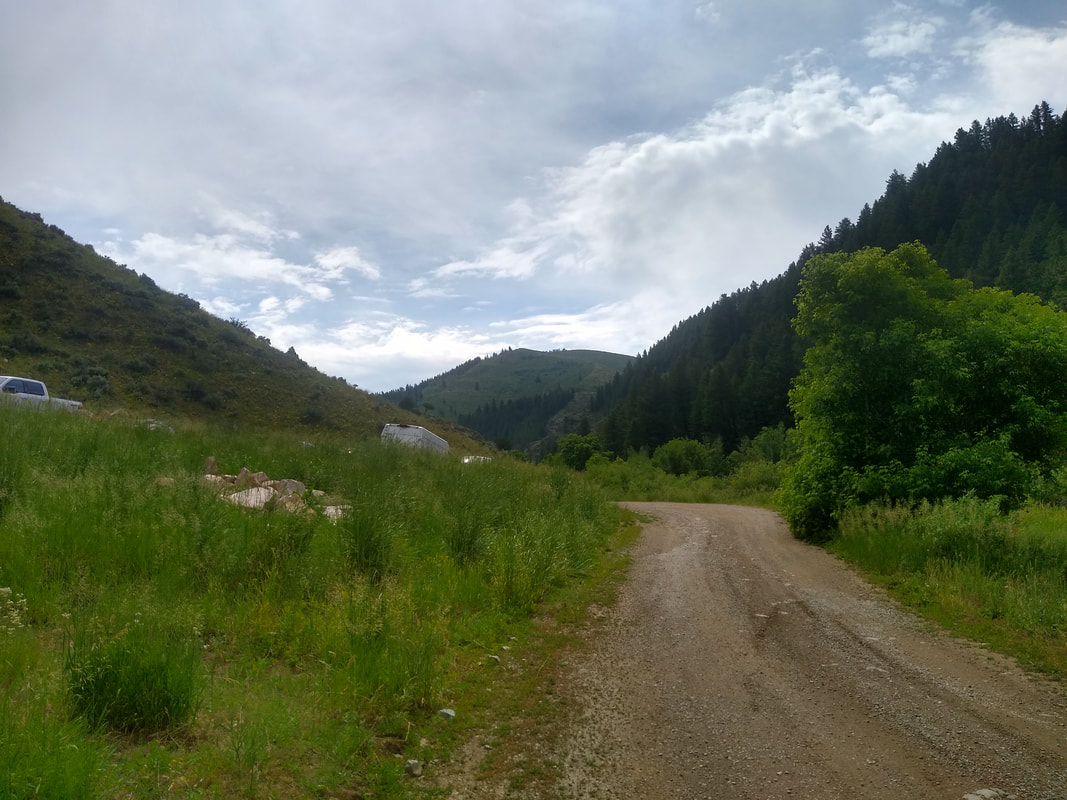
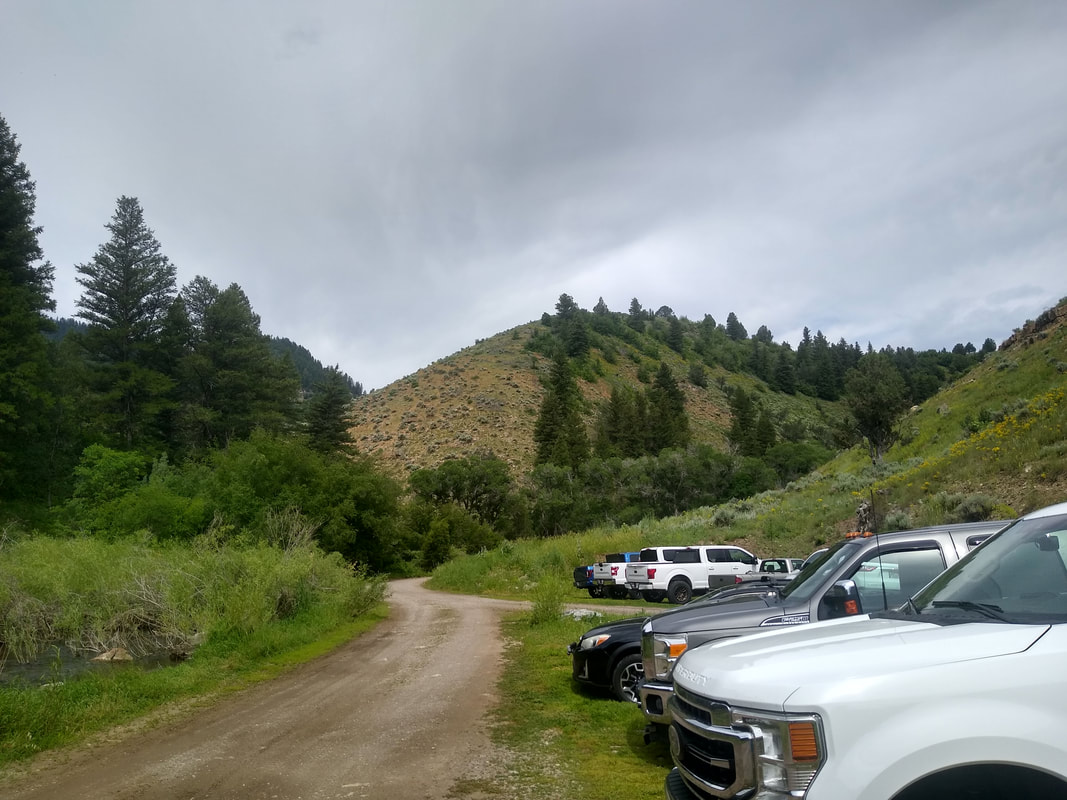


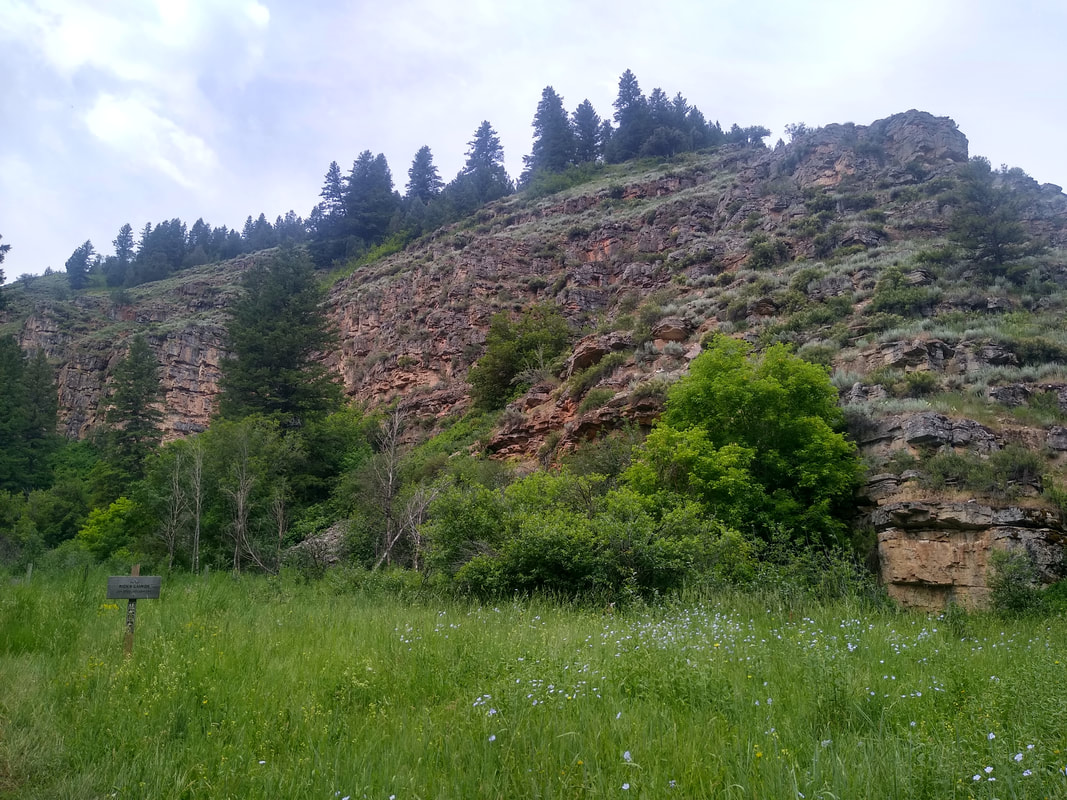
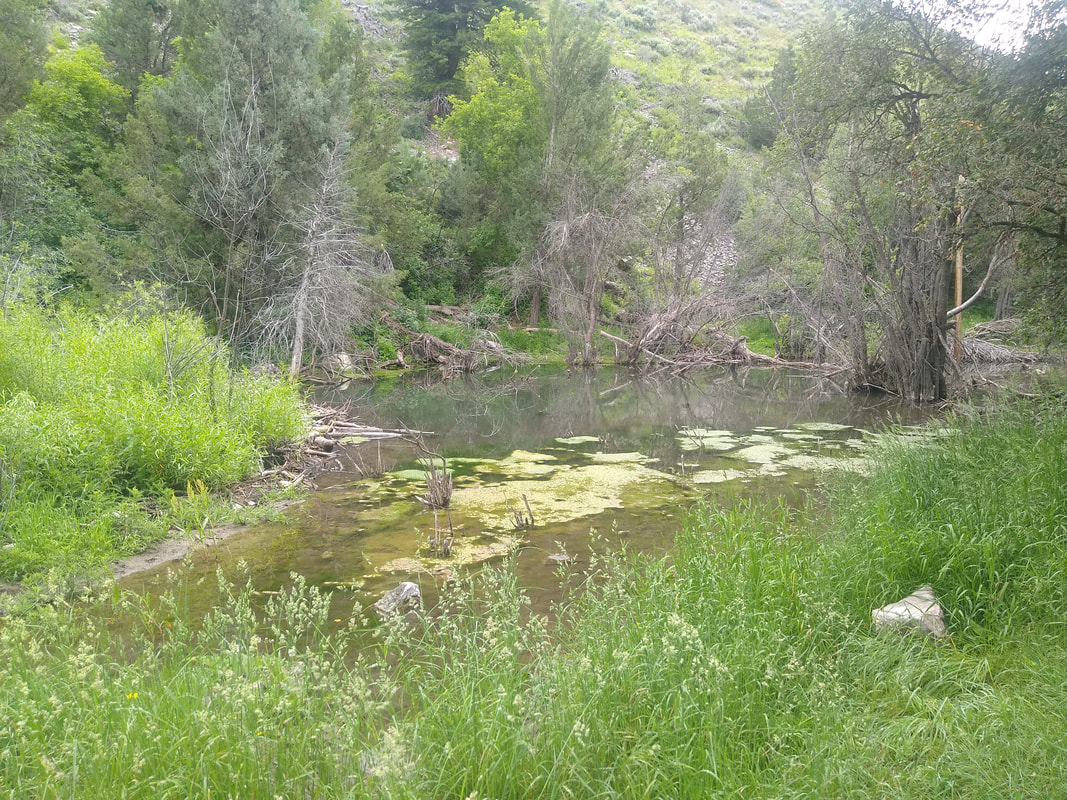
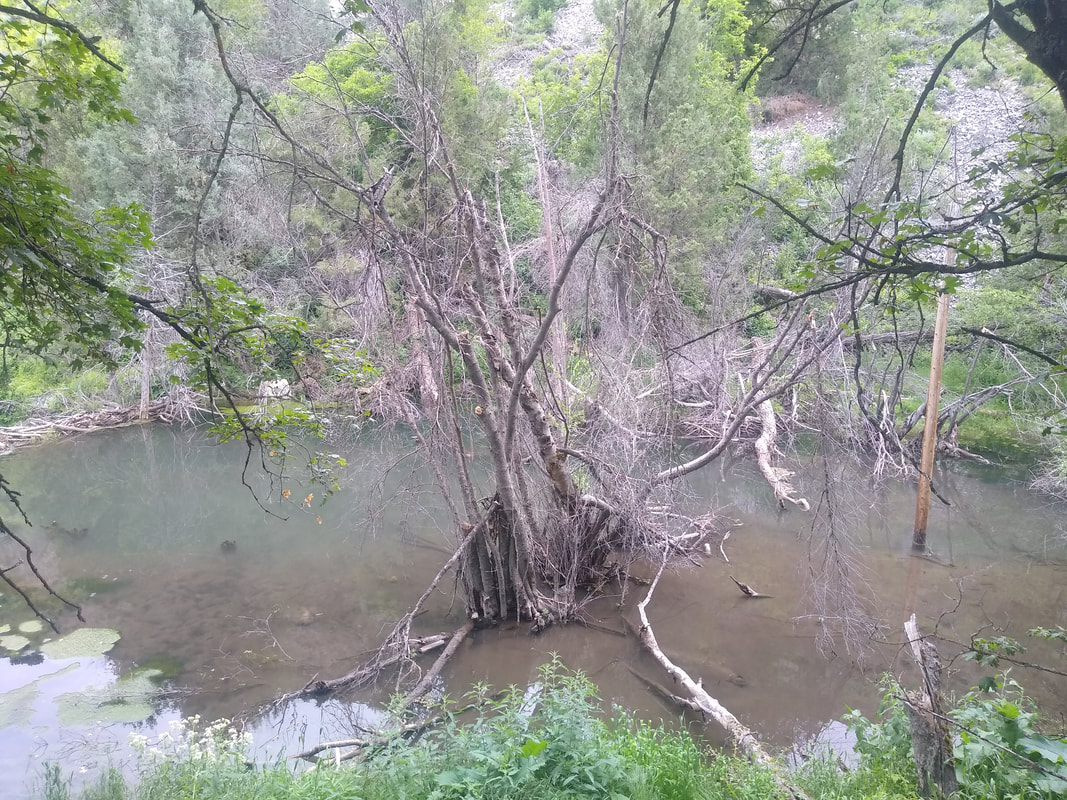

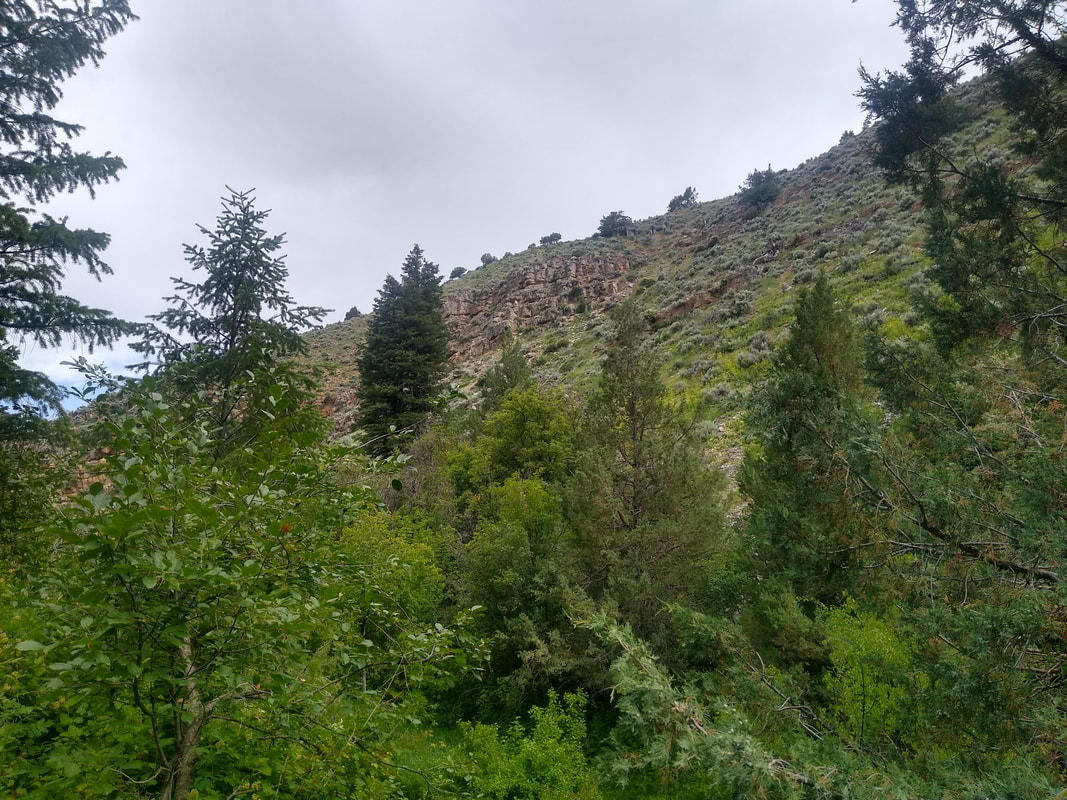

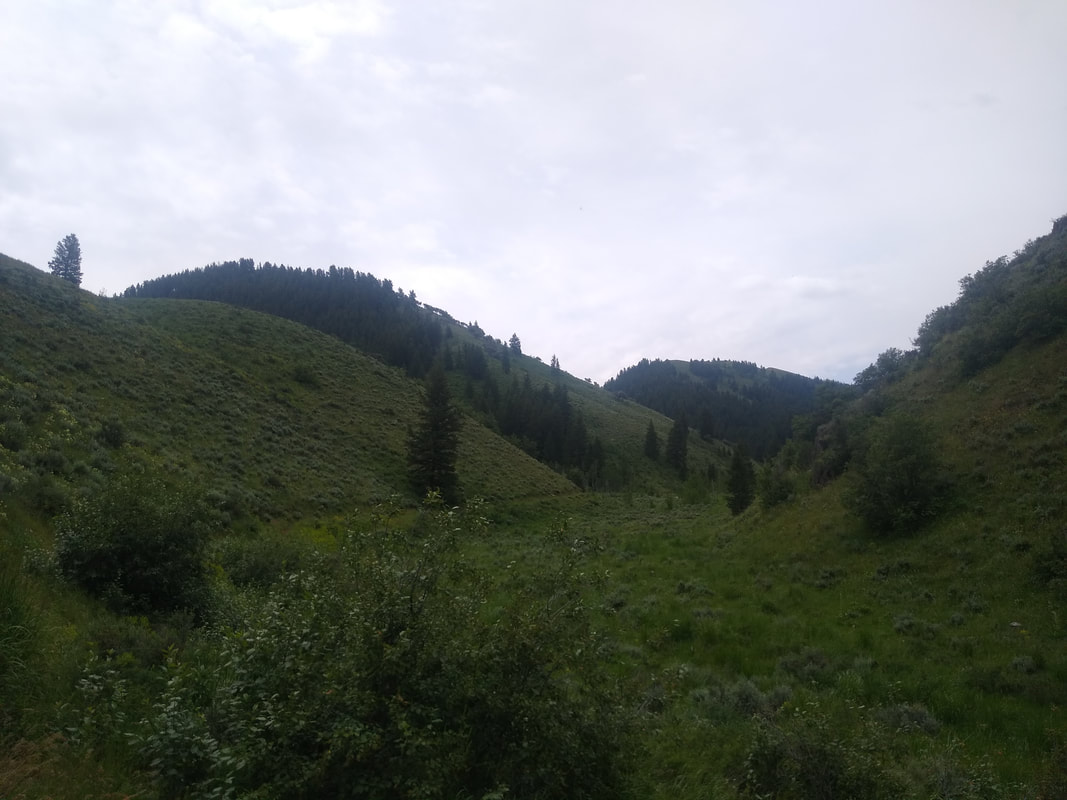
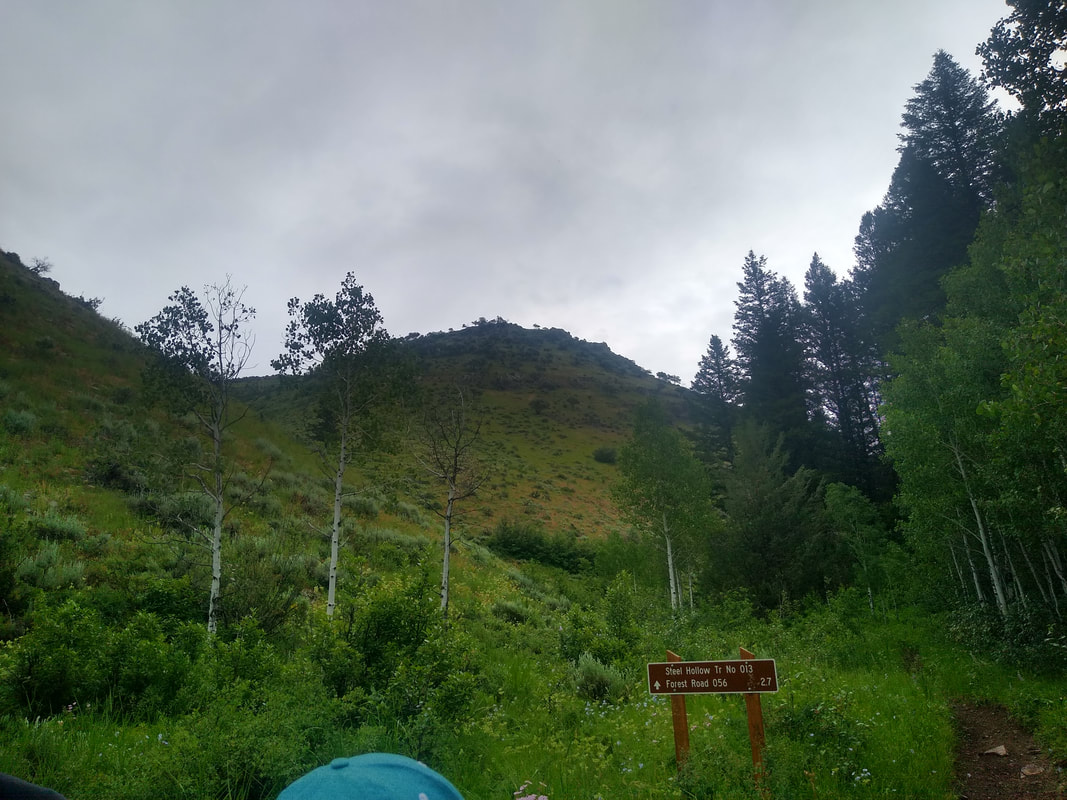
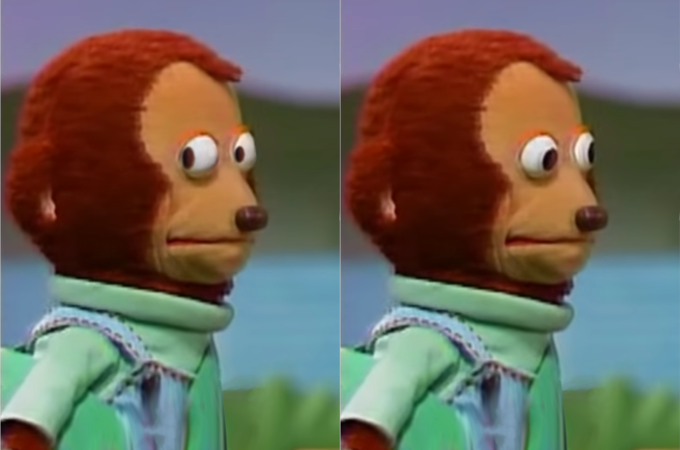
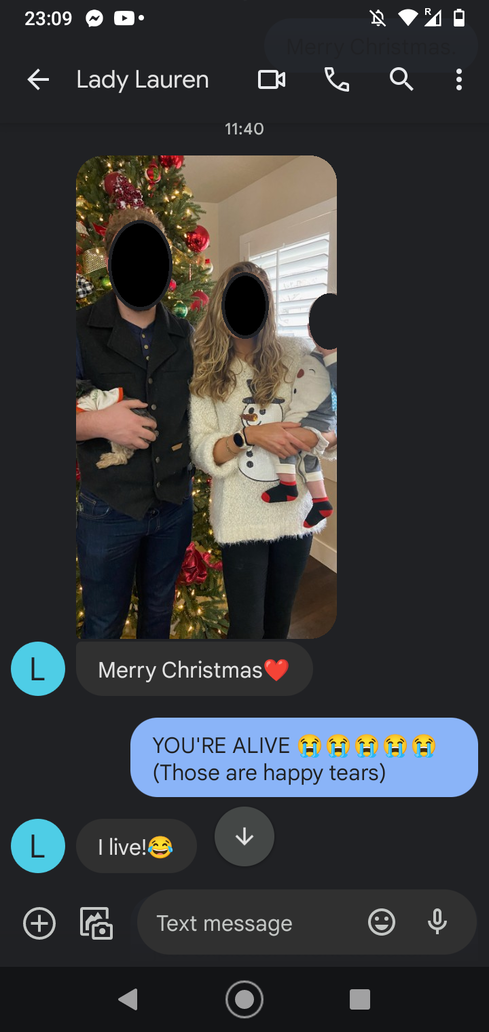


 RSS Feed
RSS Feed
